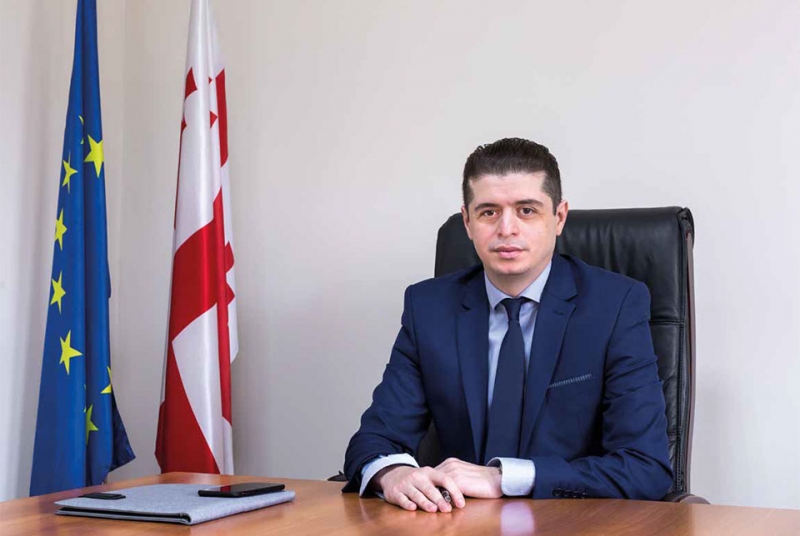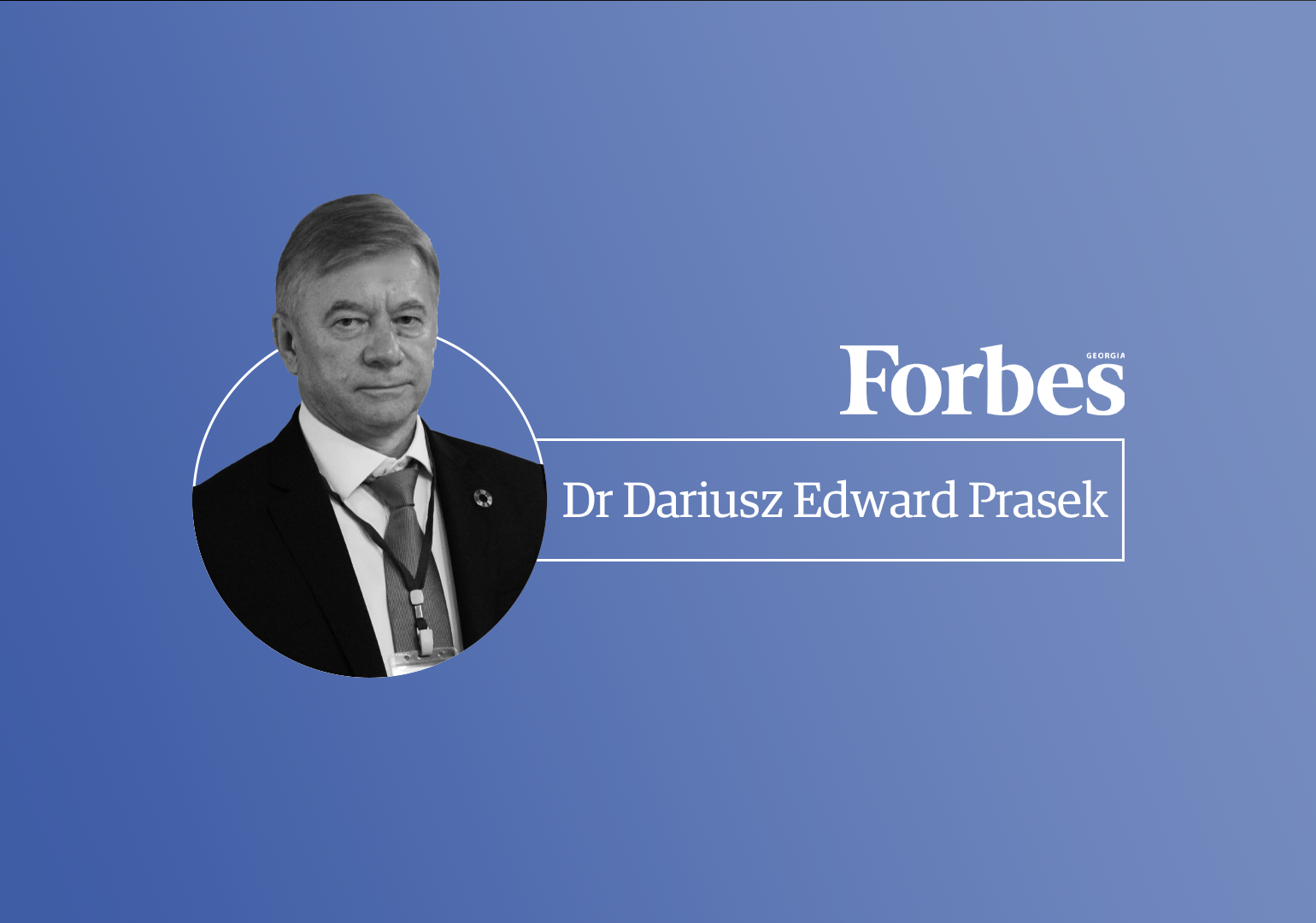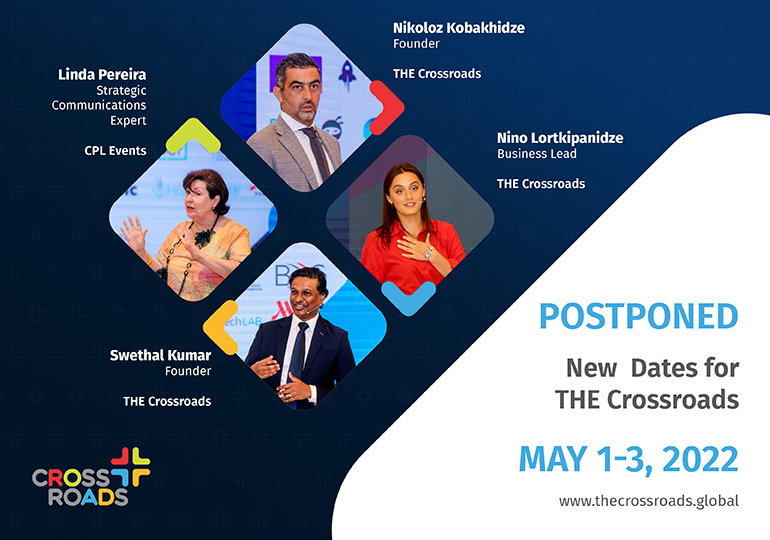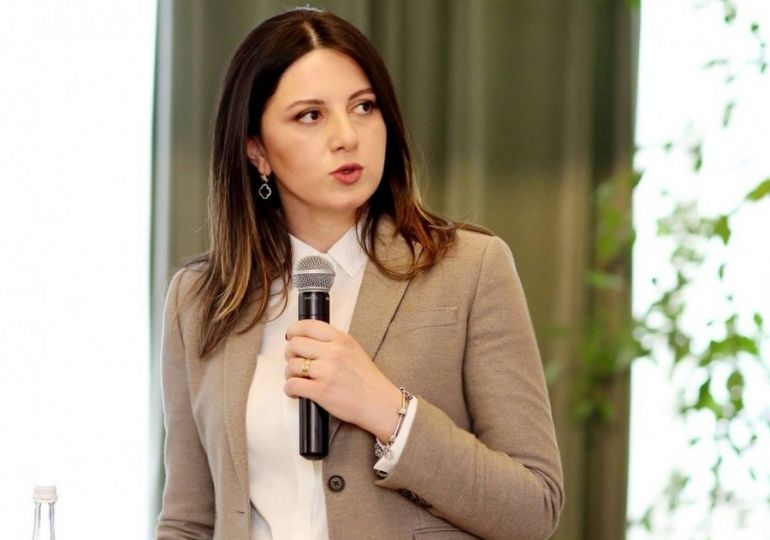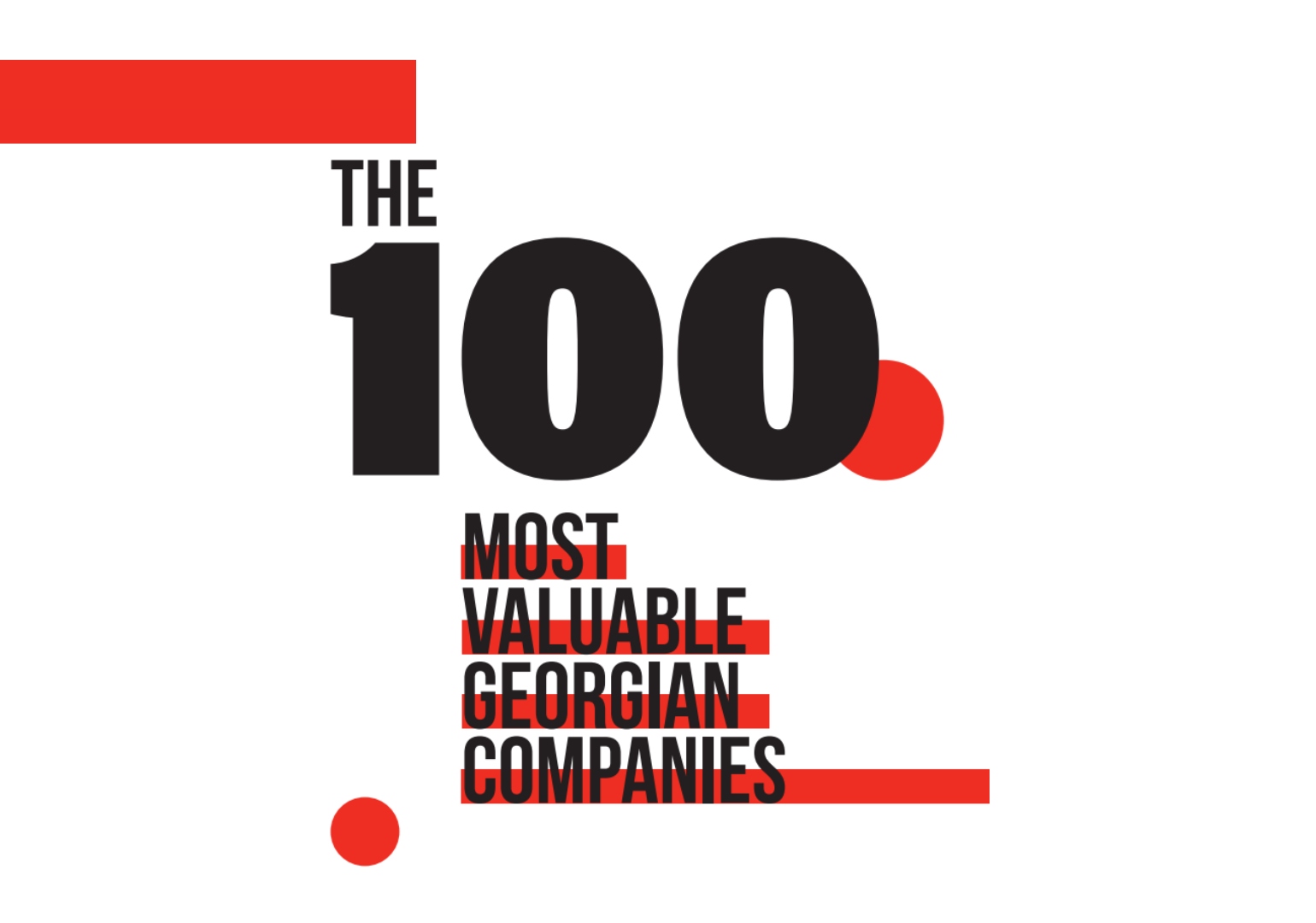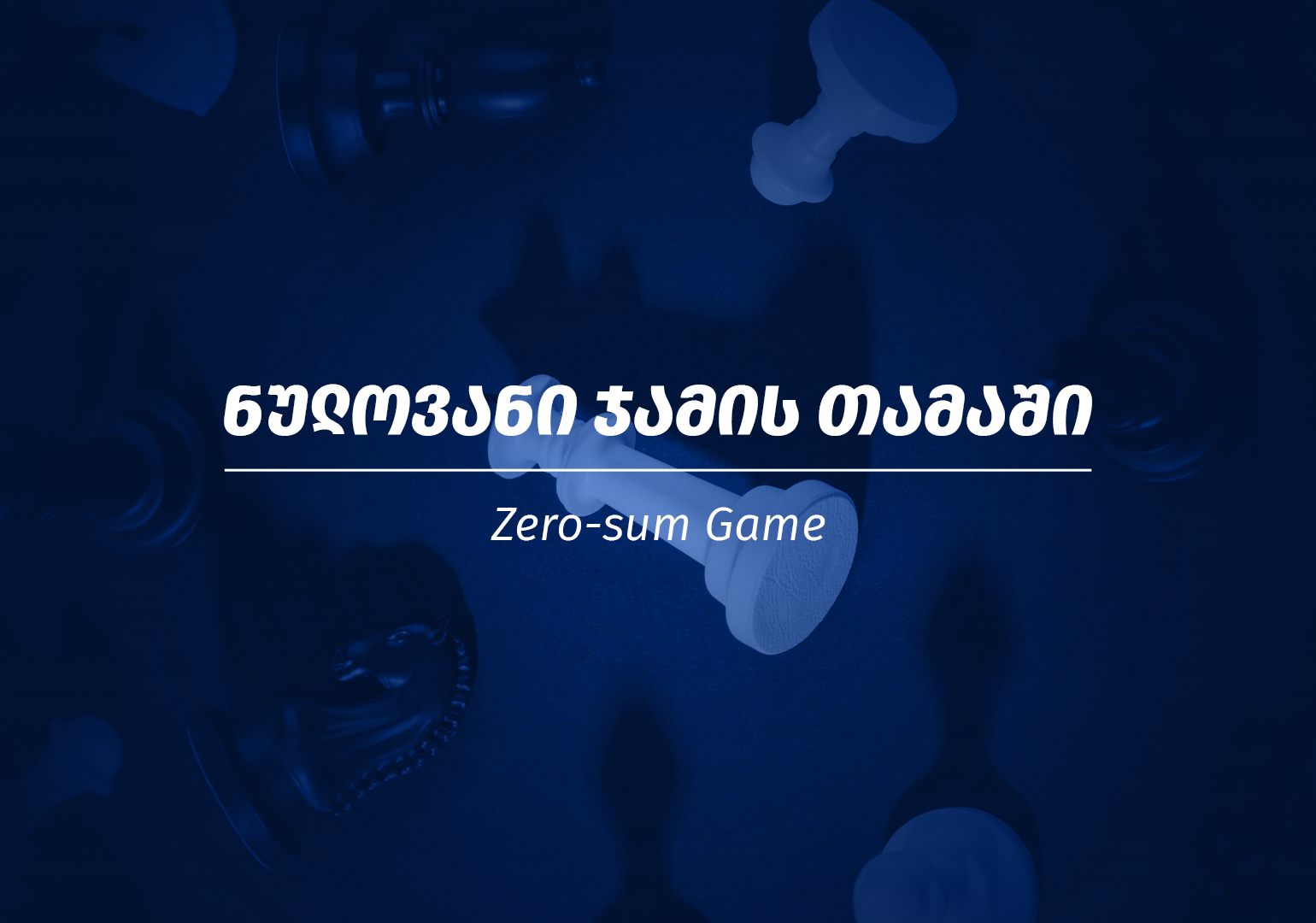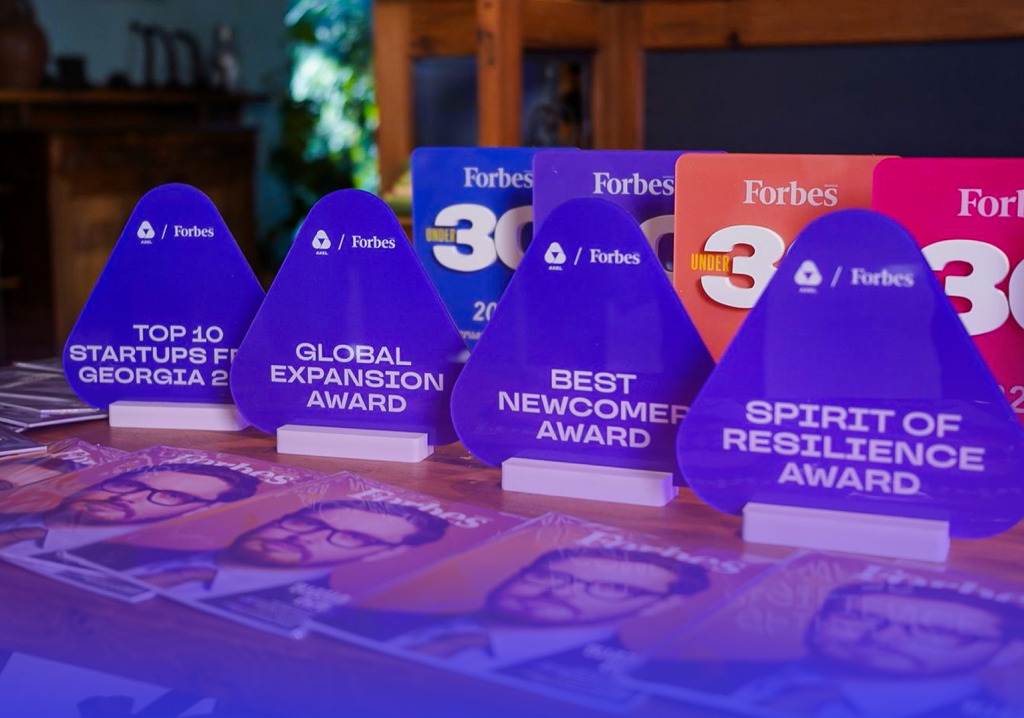For the first time the Energy Community Regulatory Board (ECRB) has a Georgian president: Giorgi Pangani will head the board for two years. Several months after Georgia’s accession to the Energy Community in Athens, Pangani was elected President of the ECRB by a majority vote. According to Pangani’s plans, in his new position his main goal will be integrating the member states of the Energy Community into the European energy market, as well as harmonizing legislation and promoting accession of new members to the Energy Community. The new President spoke to Forbes about his future plans and GNERC’s upcoming activities.
First of all, I would like to congratulate you on this new position. Tell us what processes took place in Athens and how they chose you as President.
Well, the fact that I was elected as President is actually a very interesting precedent, because Georgia has recently become a contracted party of the energy community and this was the very first ECRB meeting we attended. So it was really amazing and a very interesting experience to be elected during the very first meeting we were invited to join. Of course this is a big honor and a big responsibility, and I think that all the reforms of the last five years, which were implemented by GNERC, and all this success that we’ve achieved with them, helped attract this victory. GNERCs’ team has done a lot in recent years, because we were quite active on the international level, in many international organizations, including the Energy Community: before accession- just as the observers, but still very active ones. You know that the Energy Community Regulatory Board has three different directions: electricity, natural gas and customers divisions. There are many interesting tasks and some of our colleagues from GNERC were and are still task force leaders, carrying out works which will form the basis for many reforms, which now are going to be implemented not only in Eastern, but in Western Europe as well, and were actually prepared by our colleagues from GNERC.
What were the criteria for this election?
First, the candidate should be nominated by the national regulatory authority and he or she should be the chairperson or the commissioner. Of course the authority must be a Contracting Party of the Energy Community. There were only two candidates: me and the Commissioner from Moldova. It was quite challenging. Moldova is active in the Energy Community as well, and they became members a couple of years ago, so they had more experience. That’s why I mentioned that it was quite interesting to become president during the very first meeting, because as I said: Moldova is very active, they have a very good reputation and in the last two years they had big successes. Moldova has a new energy law based on EU legislation, which was prepared by the Energy Community. The authority is now drafting our new energy law.
In your opinion, what will change in your new position and generally in GNERCs’ future activities?
Well, first of all, I think it will help to harmonize our legislation with EU legislation. Now, why is this so necessary? Energy Community is the one of the main tests which must be passed if you want to be EU member. There is no chance of becoming an EU member until you have fulfilled all the criteria of the Energy Community; this is something that can’t be avoided. The other interesting issue: of course we want to attract as many investors in the energy sector as possible, but we also want to attract investors from the EU specifically – from Western Europe, because of their experience and also because of their knowledge of very high-level development technologies. Believe me that no European investor will look at the country if the legislation is not clear or it’s not harmonized with the EU’s. That’s why direct investment in energy from EU countries is lower than the investment from, for example, China. So I think that after Georgia harmonizes its legislation and after we implement all these new rules–like a third energy package, which is mandatory for EU members as well – I think that many investors, many big players in the energy market from the EU will take a renewed interest in Georgia. Georgia has huge potential as a pass-through for many projects, and as a producer of clean energy, that’s very important. I really hope that my work will help this process and somehow we’ll make that big step forward together.
What will be your main goal? For example, you mentioned that you want to increase Contracting Party involvement and integration into the EU energy market.
Right now, who are the members of Energy Community? On the one side, there is the EU, and on the other side there are nine countries, and all of these countries want to be more integrated not only into the EU market, but also into different energy agencies. This is very hard right now, because these agencies, which unite some regulatory authorities and different ministerial bodies, are very closed organizations – they aren’t very welcoming if you are not a member of the EU. I think one of the main goals will be to become more integrated into these organizations. Why? Because right now in these organizations they’re working on regulations which are the future of EU energy. Also the Clean Energy Package, which is expected to be adopted this year, and will be the next step for all of Europe, and because of that will be our future, too.
What do these regulations mean, and what changes do they include? Could you explain in detail?
It will increase cross-border trading, which is very important. Also important is the strengthening of national regulatory authorities, new measures for consumer protection and many details and very many aspects. The above mentioned energy agencies have huge amounts of experience; they have been working on regulations for the last 15 years. We can see that the European energy market is now fully liberalized it’s very open and consumers are protected, so the EU market is a very good example for us. Of course we want to be part of this market, we want to be part of these regulations, and because of this our aim and our goal is to become an EU member. For Europeans energy is not only “energy” – for them energy is much more than one economic aspect and they want our market to be fully liberalized, they want our market to be fully open, because if one day we are an EU candidate member, they must be sure that any small entity from a European country that wants to invest and work in the Georgian energy field has its rights protected and participates in a fully liberalized market.
When will we achieve this liberalization and how long it will take for us to harmonize our legislation with EU standards?
Maybe you’ll be surprised, but actually in the natural gas sector we’ve already liberalized. This was done in 2007, I think, but needs some improvements. Now, the electricity field is more interesting. We haven’t done anything like this and will be done by the end of this year. We will have a new energy law and we are going to change everything. E.g. now we have two distribution companies in Georgia, Telasi and Energo-pro Georgia. What are they doing? They’re not only distributing the electricity, a process called transiting electricity, but also buying and then selling electricity to their consumers, and this is what we’re going to change. This was just an example. Now we will have new suppliers of electricity. Distribution companies will stay, but they will only distribute the electricity, and other persons will buy and sell it. Currently you cannot choose, you’re linked to your distribution company, attached to it, so there is no option and you have to buy electricity from only one entity. This will be changed, and there will be competition within the field. There’ll be suppliers and you can choose which supplier you buy electricity from, because they will offer different prices and different conditions, and there’ll be a real, competitive market. Right now we don’t have an electricity market in Georgia at all, although on paper maybe it seems that we have one, but we don’t. We have only two “direct customers” who aren’t buying electricity from distribution companies, but who are buying electricity directly from the producers: power plants. Both of them also have their own power plants. That’s why GWP buy electricity from its own power plant and Pero owns its own power plant as well.
So it’s most important that there’ll be competition within the market, and this will increase quality?
Of course, and all consumers, including household consumers, will have the option to choose the most suitable supplier for them, so this is very interesting. Of course, there will also be a universal supplier, who will be obliged to deliver electricity if a consumer can’t manage or is not willing to get a contract with another supplier. In this case, there’s the universal supplier, which will deal electricity to consumers, so it’s very interesting. Right now in Georgia we still have problems with electricity production. Yes, we are producing about 12 billion kwt hours per year, and this is our consumption as well, so what’s the problem? We are not producing enough in the winter.
So how are you going to change this?
I think that when we change the legislation and have a market here, then investors will know that everything is very clear, there is a free market and there are no discriminatory practices. I think that this will ensure that more big companies will invest in Georgia’s hydro potentials, because we still have about 65% of our hydro power potential untapped. We are now facing construction of the big HPPs, like Nenskra and others, but still this is not enough, because consumption in Georgia every year is rising by 9-10%. If in 2012 it was about 8 billion kwt, now it’s about 12 billion kwt, so what’s necessary? First, we must have a clear and open market, and legislation as well. In this case, you’re ready to attract investors, to bring them here and to explain that it’s a very good idea to invest in Georgia, and in energy, because energy is always relevant.
